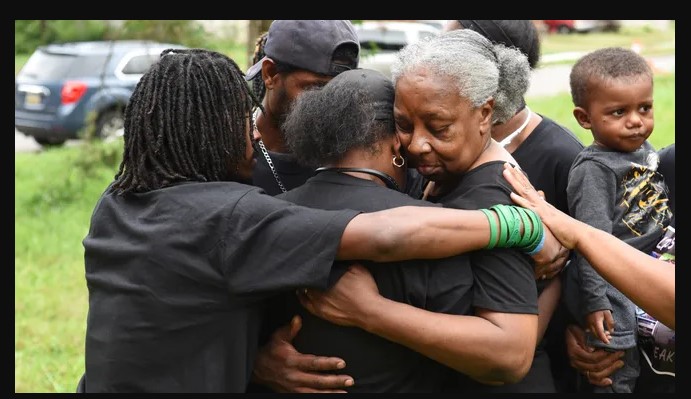Peace is born of reconciliation

Making peace requires humility, patience and bearing with others in love. PHOTO | COURTESY
What you need to know:
- Opinion. Peace is relational and possible in our society, writes Msgr Wynand Katende.
“Peace I leave with you; my peace I give to you. Not as the world gives do I give it to you. Do not let your hearts be troubled or afraid.” (John 14:27).
The word peace is common in most languages. Very often we refer to peace in terms of security or absence of conflict and war. In the Bible, the Hebrew word for peace is shalom. It refers to something that is complex, with lots of pieces put together in a state of completeness, wholeness. To bring shalom literally means to make complete or restore..
Life is complex, full of moving parts and relationships and situations. When any of these is out of alignment or missing, shalom breaks down. Life is no longer whole. It needs to be restored. To reconcile and heal a broken relationship is to bring shalom. It is when former rivals start working together for each other’s benefit.
After creating Adam, God said it is not good for man to be alone (Genesis 2:18). So, He created Eve. But when they rebelled against God, that rebellion 100 per cent infected and affected their descendants (Original Sin). We cannot experience peace; we cannot become true human beings without being reconciled with God.
The wholeness of shalom is also through the realisation of justice and truth. This is the purpose of leadership. It is what Israel’s kings were supposed to cultivate, but it rarely happened. So, the prophet Isaiah looked forward to a future king, a prince of shalom. His reign would bring shalom with no end.
Jesus is the Messiah-King who came to offer peace between messed up humans and God. In Jesus, God would make a covenant with his people, making right all wrongs and healing all that is been broken. At Christmas the Angels sang: “Glory to God in the highest heaven, and on earth peace to those on whom his favor rests.” (Luke 2:14).
Jesus restored to wholeness the broken relationship between humans and their Creator, when he suffered death and rose again. He commissioned Christians to be his ambassadors of reconciliation and peace, in their families, communities, and in the world; by participating in his life, death and resurrection (2 Corinthians 5:20, Philippians 3:10).
Jesus prayed that his Church may be one, in order to proclaim the message of shalom (John 17:21).,The Church is, however, so divided that it cannot claim to walk the talk of that message. In Ephesians 4:1-6, St. Paul urges Christians to “endeavour to keep the unity of the Spirit in the bond of peace”. This is the purpose of the ecumenical movement.
Currently, Russia and Ukraine are two Christian Orthodox countries, that are at war with each other. The same applies to Christian countries or communities where misrule, injustices, impunity and corruption are rampant. They are scandalous to the rest of humanity. Efforts such as Pax Christi International and Sant’Egidio Foundation for Peace and Dialogue, ought to be supported.
Peace requires humility
Peace is relational. It encapsulates a reality and hope of wholeness for the individual, within societal relations, and for the whole world. When our relationships break down, or when we cannot form relationships, we are left broken and empty; we have no peace. It is helpful to focus on the message of Paul: “In Christ Jesus you who once were far off have been brought near by the blood of Christ. For he himself is our peace, who has made us both one” (Ephesians 2:13-14).
Making peace requires humility, patience and bearing with others in love. On a personal level it calls for regular confession of our sins to each other and to God (James 5:16). Peace is very possible when we give our lives over to love God, and trust Jesus and his Holy Spirit to guide us. “Blessed are the peacemakers, for they will be called children of God.” (Matthew 5:9).





